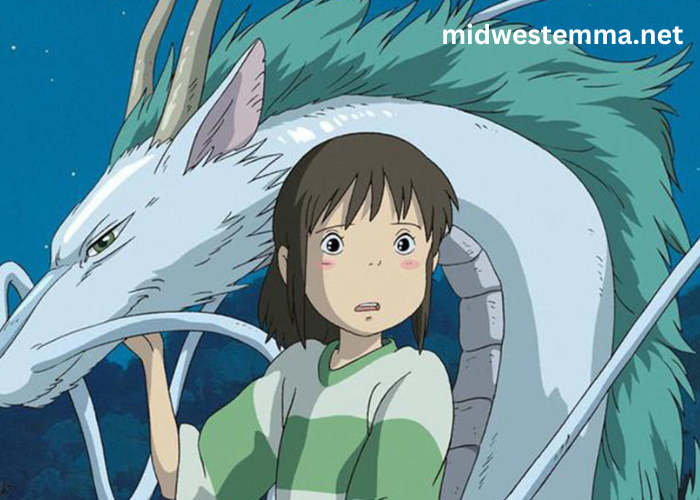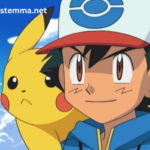Hentai, a genre of Japanese anime and manga that features explicit sexual content, has garnered both fascination and controversy worldwide. Originating in Japan, the term “hentai” literally means “pervert” or “perversion” and has become synonymous with adult-themed animated and illustrated works. As hentai continues to gain visibility in modern media, it raises important questions about cultural impact, societal norms, and ethical considerations. Explore a wide collection of high-quality hentai videos on Hentai3z. Enjoy the best in adult anime entertainment on our website today!
The Cultural Significance of Hentai
Hentai holds a unique place in Japanese culture and media. Its roots can be traced back to erotic art forms such as shunga, woodblock prints from the Edo period that depicted explicit scenes. In contemporary times, hentai has evolved, encompassing a wide range of sub-genres and artistic styles, often reflecting the fantasies and taboos of its audience. This evolution highlights the genre’s ability to adapt and cater to changing societal tastes and technological advancements.
In Japan, hentai exists within a broader spectrum of adult entertainment and is generally more accepted as a part of popular culture compared to many Western societies. It often intersects with other mainstream media, influencing and being influenced by various forms of anime and manga. This integration into mainstream media underscores its cultural significance and the way it shapes and reflects societal attitudes towards sexuality.
Global Reach and Influence
Hentai’s global reach has expanded significantly with the advent of the internet, making it accessible to audiences far beyond Japan. This global dissemination has led to a cultural exchange where Western and other international audiences engage with Japanese media, including hentai, in diverse ways. This exchange has fostered a greater appreciation for Japanese art styles and storytelling techniques, influencing the global animation and comic industries.
However, this global reach also brings about cultural clashes. Western audiences often grapple with the distinct cultural context in which hentai is produced and consumed. The themes, aesthetics, and narratives can be challenging to reconcile with Western values and norms, leading to debates about its appropriateness and impact.
Controversies and Ethical Considerations
The explicit nature of hentai inevitably invites controversy. Critics argue that it can perpetuate harmful stereotypes and normalize inappropriate or violent sexual behavior. Specific sub-genres of hentai, such as those depicting non-consensual acts, are particularly contentious and raise serious ethical concerns about the potential for real-world harm.
Supporters of hentai, however, often contend that it is a form of artistic expression and fantasy that should be protected. They argue that consensual consumption of hentai does not directly translate to real-world actions and that adult audiences can distinguish between fiction and reality. Additionally, some posit that hentai provides an outlet for exploring complex and taboo subjects in a controlled, fictional environment.
Legal and Social Implications
Legally, hentai occupies a gray area in many countries. While Japan has specific laws regulating the distribution of explicit material, other countries have varying degrees of tolerance and regulation. In some places, certain types of hentai are banned outright, while in others, it is freely accessible. This patchwork of legal standards reflects the ongoing struggle to balance freedom of expression with the protection of societal norms and individual well-being.
Socially, the consumption of hentai can carry a stigma, particularly in more conservative cultures. Consumers may face judgment or ostracism, leading to a predominantly underground or private engagement with the genre. However, as discussions about sexuality and media representation become more open, there is potential for a more nuanced understanding and acceptance of hentai.
Conclusion
Hentai’s cultural impact and controversies highlight the complex interplay between media, society, and individual values. As it continues to permeate modern media, it challenges us to consider the boundaries of artistic expression, the implications of fantasy, and the diverse ways in which different cultures approach sexuality. Whether viewed as a form of art, a controversial media genre, or a cultural phenomenon, hentai undeniably plays a significant role in the ongoing discourse about media, morality, and cultural exchange.






